There is a constant struggle for ecommerce brands to identify the consumers’ needs and fill them in the most appropriate way, therefore any strategies to achieve it are always welcome.
It’s not a new method to turn to human psychology to create a better design and user experience, as it offers valuable insights about a brand’s target audience, its thinking and its criteria for purchasing decisions.
Image by Gerd Altmann, CC0
Every human being may be unique, but we can still observe how a series of psychological triggers affect a consumer’s purchasing habits.
How do we decide which brand to trust in a web that is full of options?
The analysis of several different ecommerce sites helped us determine the most common psychological patterns that may lead to increased sales, provided that they are used in an appropriate way.
Urgency
The fear of missing out (also known as F.O.M.O.) is real and it creates an urge to stay up-to-date, even at unrealistic levels. Ecommerce sites often use the psychological trigger of urgency, in order to speed up a user’s purchasing decision.
When there’s a countdown of existing stock, or an offer for a limited time, consumers feel the need to hurry up and claim the deal before it disappears.
It’s the loss aversion that leads to an increase of sales, provided that it’s presented in a timely, relevant way.
Social Proof
Human beings are social by nature and tend to rely on the power of the community.
As consumers tend to adopt a natural distrust towards branded promotion, it turns out to be more effective to promote a site, a product, or an offer with the help of a social ambassador, or even a group of everyday people that want to share their experience with others.
Ecommerce sites should embrace the social recognition and the influence a consumer’s opinion may stimulate, by showcasing reviews, endorsements, or any opinion that may increase trust.
Reviews don’t have to be perfect, as this is not necessarily convincing the user to rely upon them. In fact, a review that even mentions a negative point is considered more realistic, and thus, it’s more appreciated by users.
Authority
As with social proof, the trigger of authority builds trust between a brand and a user, this time by focusing more on the experts’ opinion and their reviews for a product.
The opinion of an expert may serve as the push for a hesitant user and that’s why an ecommerce site should seek for such endorsements.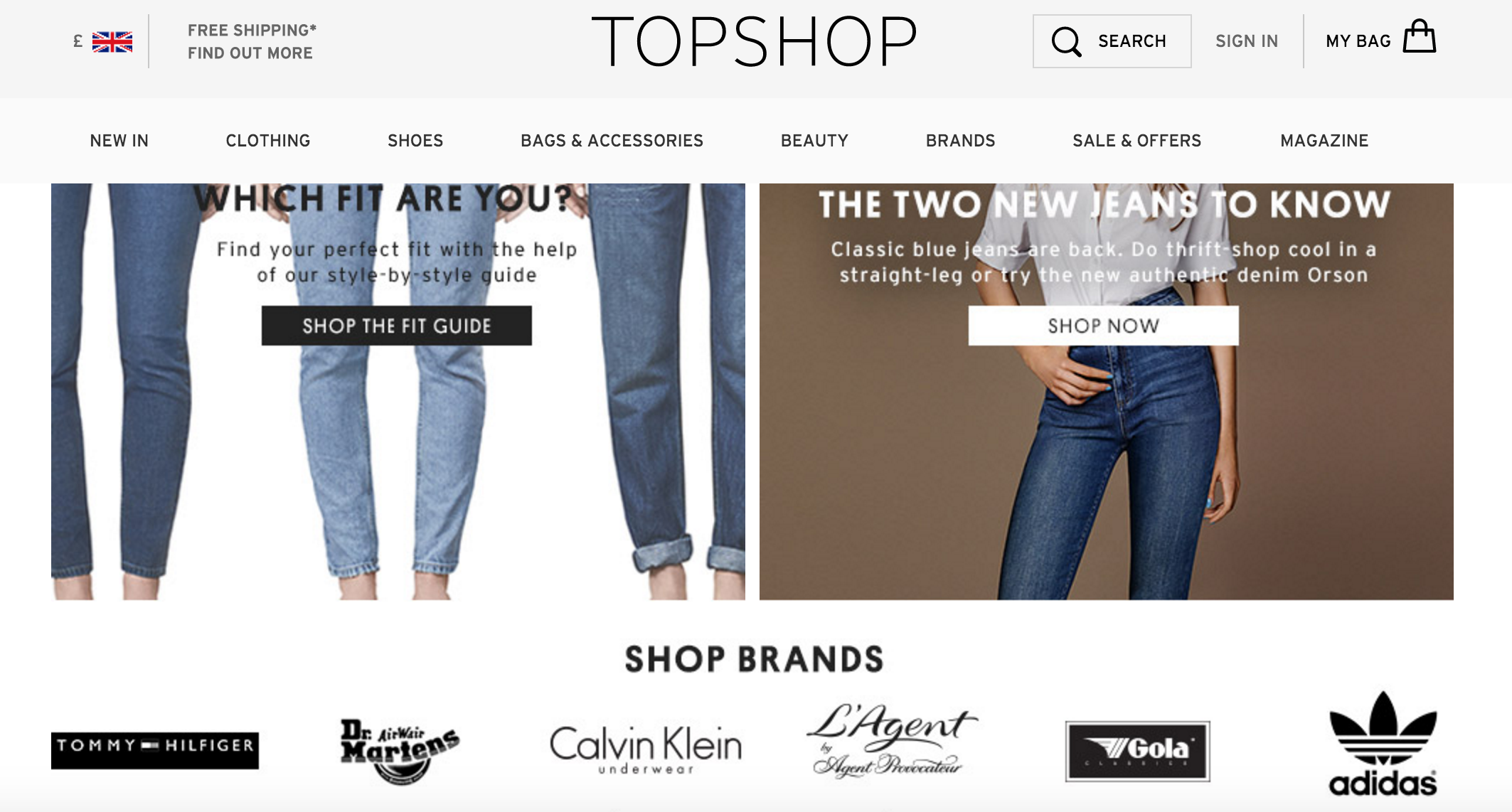
What’s more, it is often common for ecommerce sites to increase trust by displaying the logos of their prestigious collaborations, which makes it even better when the logos are easily recognisable and appreciated among users.
Reciprocation
Engagement is a long sought goal for brands and it’s not easy to achieve it without being appealing (and relevant) to users.
The trigger of reciprocation is about rewarding people that turn into customers with further special offers and gifts that will motivate them to create a bonding with a brand. After all, every business is looking for a serious and long-term relationship with customers and loyalty is the key to the success.
Commitment is an additional trigger that entices people to try out a brand’s product, whether it’s a free trial or an offer, with the hope to turn the trial into a sale.
The user acknowledges that the acceptance of a gift, or a sample, is the first step to potential commitment, providing that the product meets the expectations.
Thus, there is reciprocation once again, with the satisfied customer feeling the need to give back to the brand, either by buying a product, or by promoting it through social media. In either case, it’s a win for the brand.
Community spirit
People are naturally seeking to be part of a community, a group sharing the same interests, beliefs, and ideas with them and this sense of inclusion makes them feel more confident about their perception of the world.
This psychological trigger helps people feel closer to a brand that understands them and makes it easier for them to invest in its products.
Weekend Society for example is a clothing company which heavily relies on its community and everyone fascinated by the idea of wanderlust.
According to its about section:
“Weekend Society is devoted to the wanderers, the wild ones, and those who believe there is still a bit of mystery in the world.”
The trigger gets even stronger when signing up to the newsletter, by calling for all the weekenders to find their “weekend state of mind.”
At that point, a visitor who wants to feel part of the community will subscribe to the newsletter, feeling happy to be part of this group of people.
Offering the right number of choices
It’s easy to present an unlimited number of products, waiting for people to pick their favourite ones, but it’s easier to make consumers feel paralysed by the large number of choices, which will lead them to abandon the purchasing process.
People are not comfortable with decisions that involve numerous options and a complicated process, and that’s why it’s important to focus on the psychology of the user and the design which will enhance the consumer’s experience as much as possible.
See for example the page below. There are so many psychological triggers in just one page that the results may not be as effective as they hoped they’d be.
How about mastering one strategy at a time instead of applying them altogether?
Test, test, and test
A brand will only understand the consumer’s psychology through constant testing, examining all the parameters that could increase the sales in the most organic and effective way.
Even if a trigger seems to work at some point, its success may be temporary, which creates the need to further investigate the nature of the human psychology and the methods it can be studied in order to benefit an ecommerce business.
Going beyond psychology
The application of psychology to ecommerce marketing and design may lead to impressive results, but this doesn’t mean that it’s capable of increasing sales with a magical wand.
It is important to integrate psychological triggers to the wider user experience and marketing efforts, always placing consumers at the centre of attention.
Thus, it’s a proper understanding of the target audience, along with the right use of all necessary triggers, that will gradually lead to an increase in sales.
The article How understanding psychology can help increase ecommerce sales was first seen from https://searchenginewatch.com


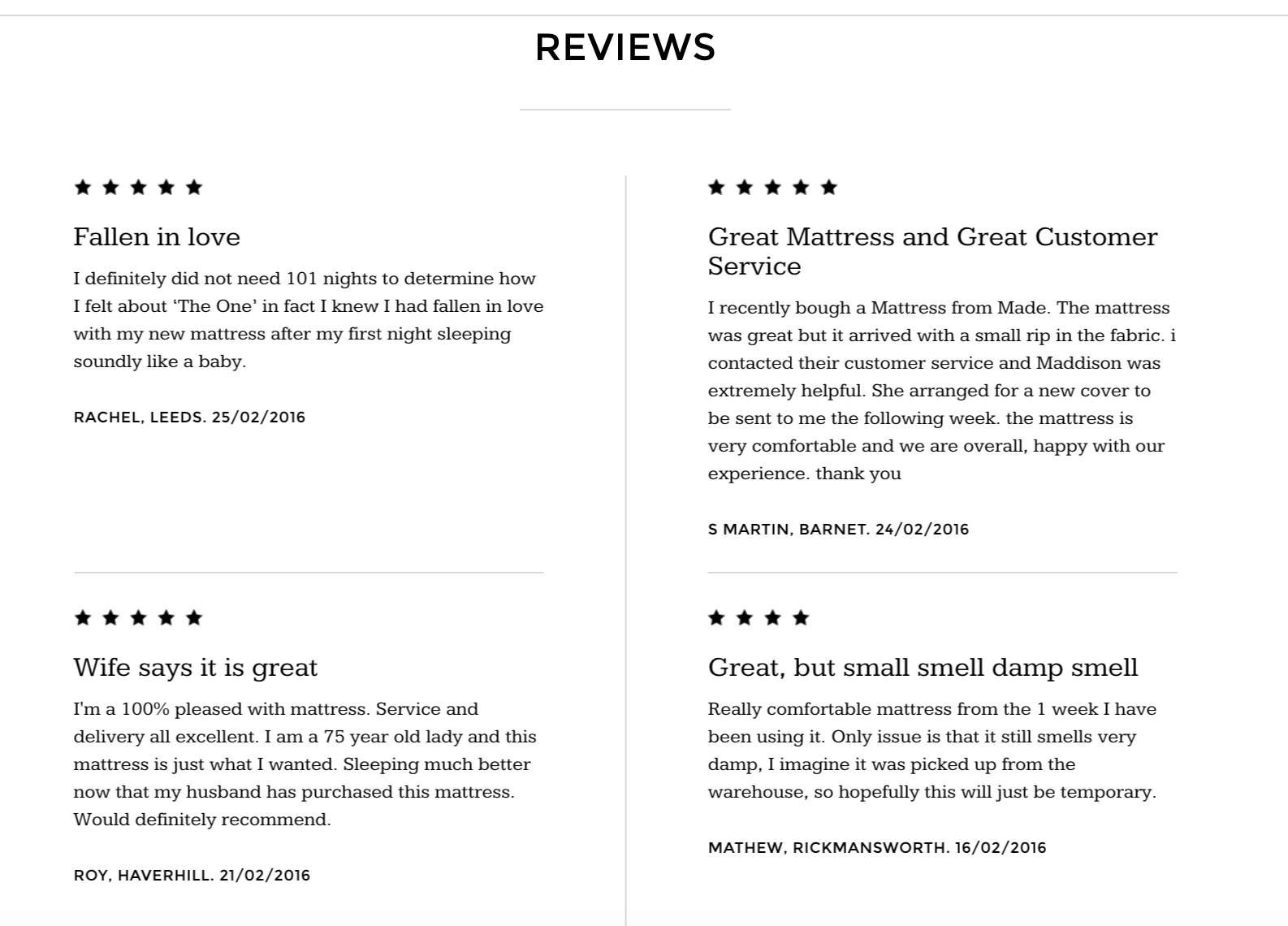


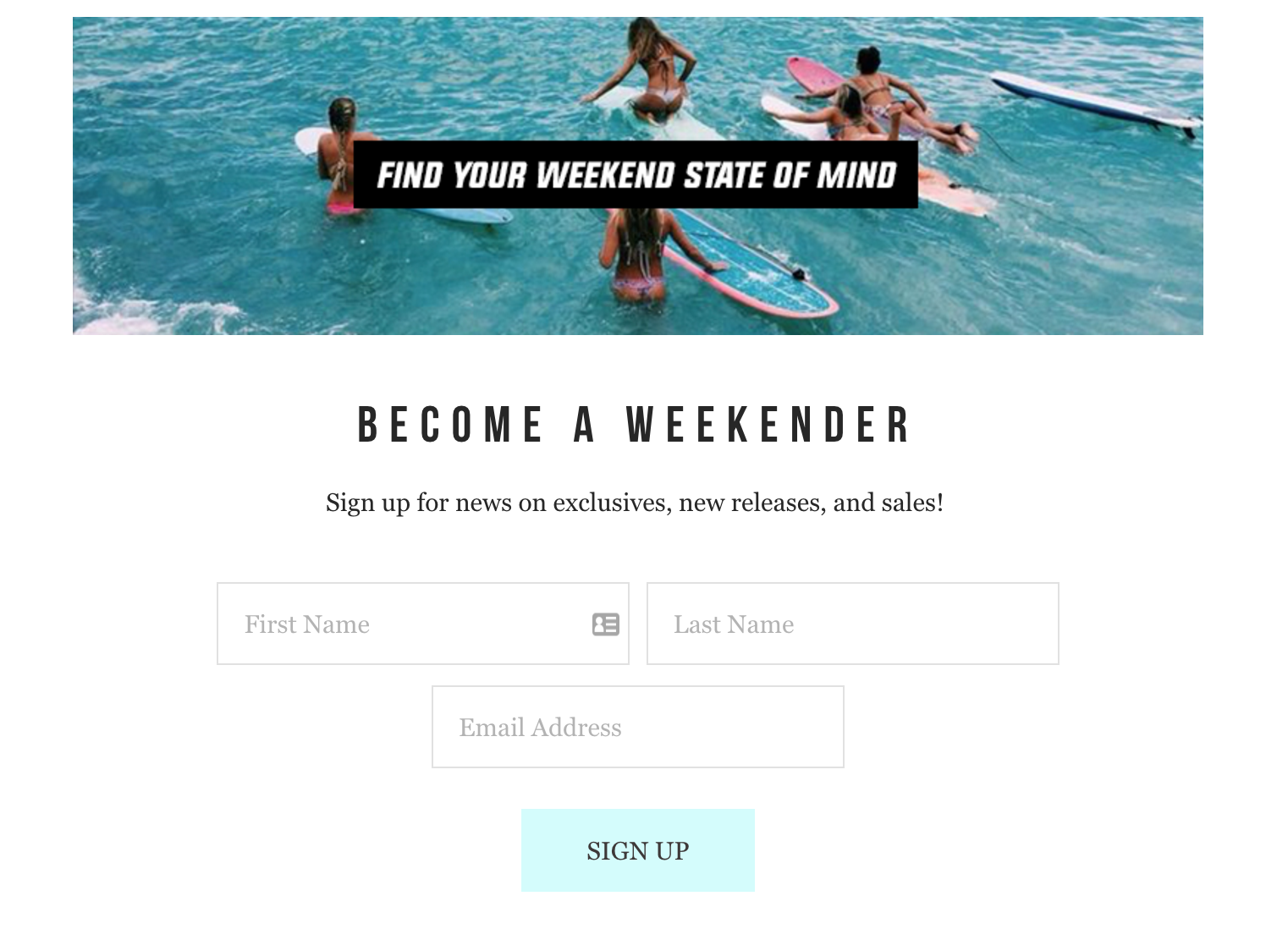
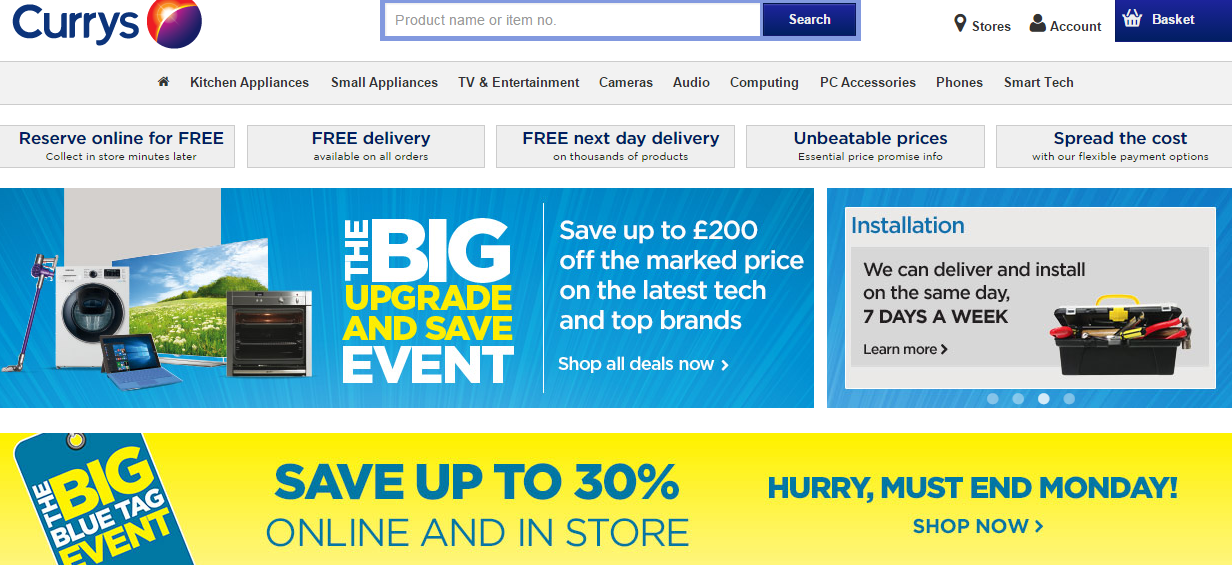
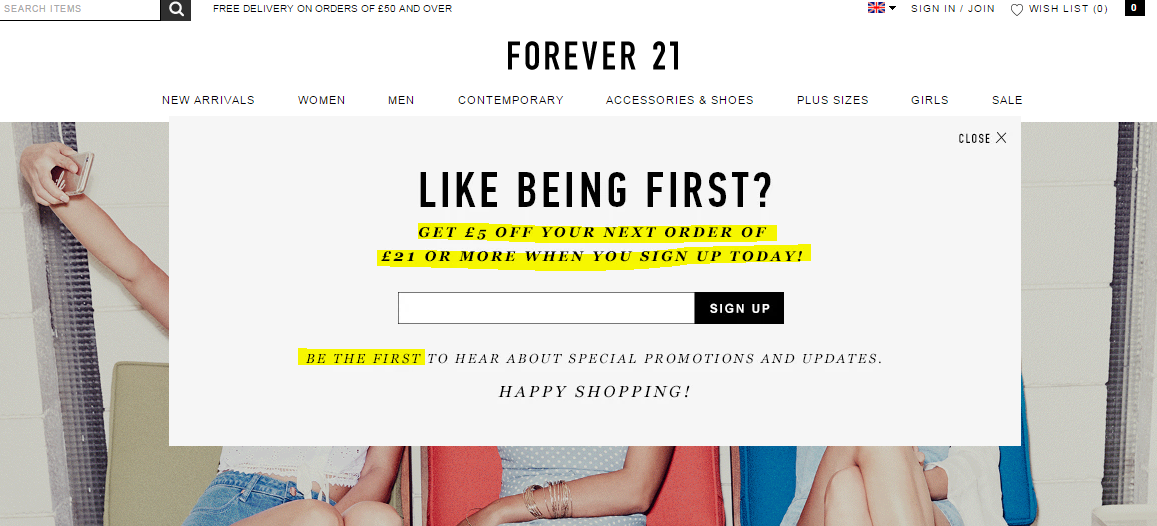
No comments:
Post a Comment